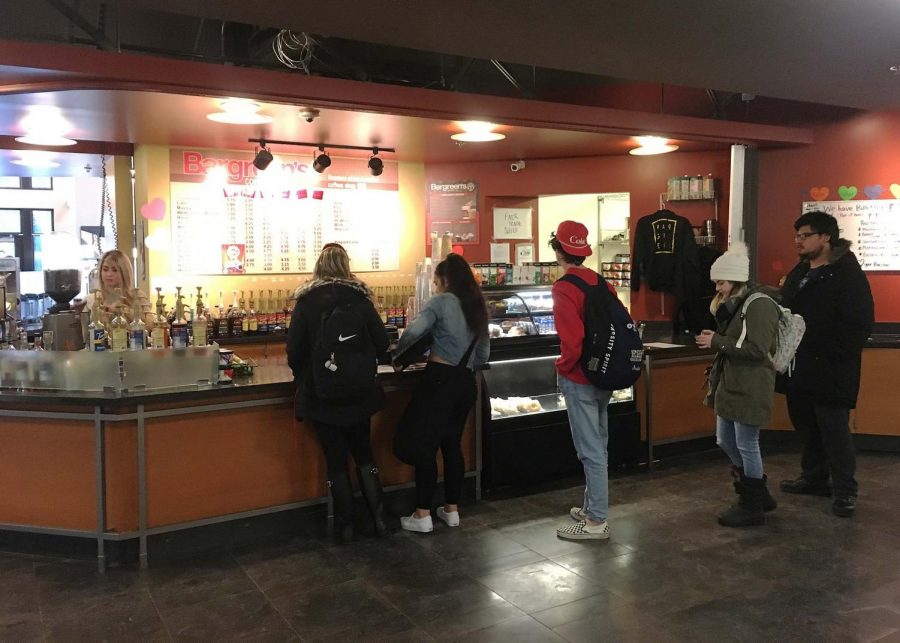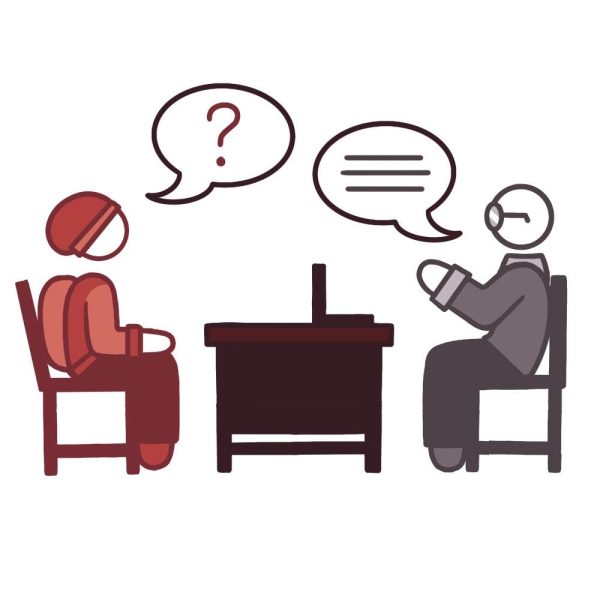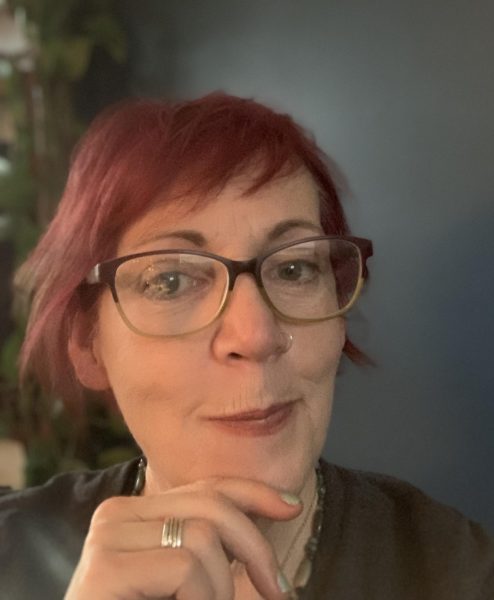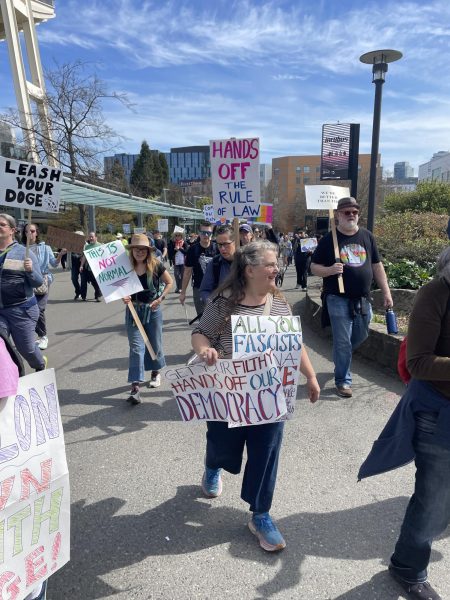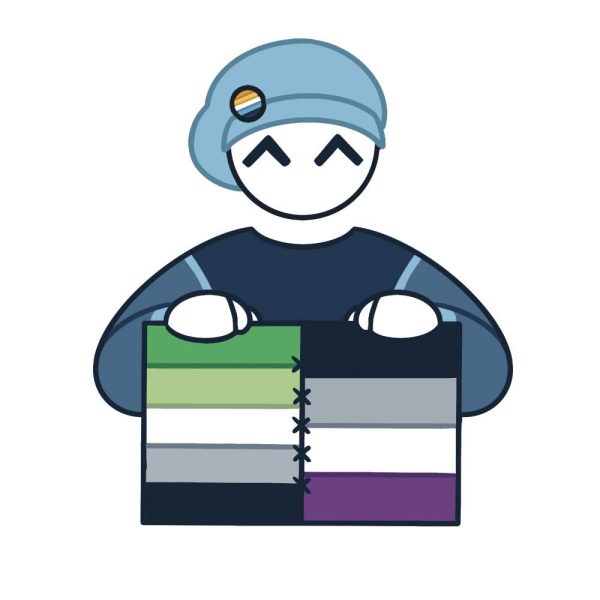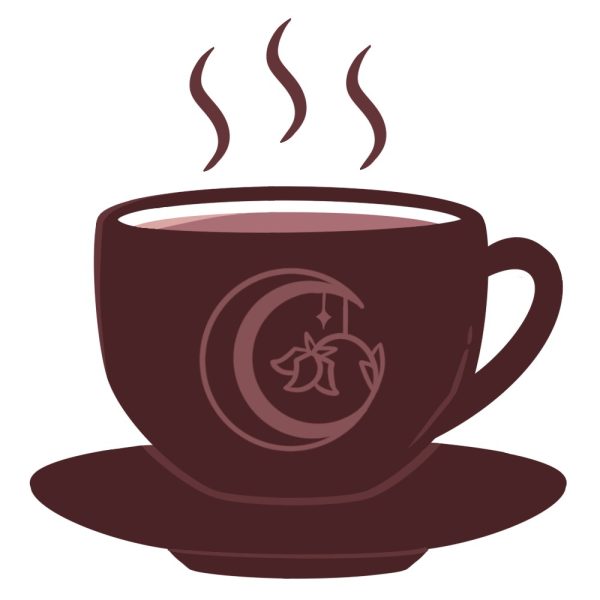Coffee: A Necessary Evil in College?
Students waiting in line at Bargreens Coffee shop in Parks Student Union.
Is this unhealthy for me? What is this doing to my body? Those are two frequently asked question when it comes to the ingestion of caffeine.
The answer is, well, yes it can be unhealthy for you. Too much caffeine can have dramatic effects. It can cause insomnia, which is the inability to sleep. Too much caffeine can also cause nervousness, restlessness, nausea, gastrointestinal problems, fast or irregular heartbeat, muscle tremors, headaches, and anxiety. Dehydration may be caused if you are not drinking an adequate amount of water throughout the day. A good way to balance that out is for every caffeinated drink you have, you should also have a 16-ounce bottle of water.
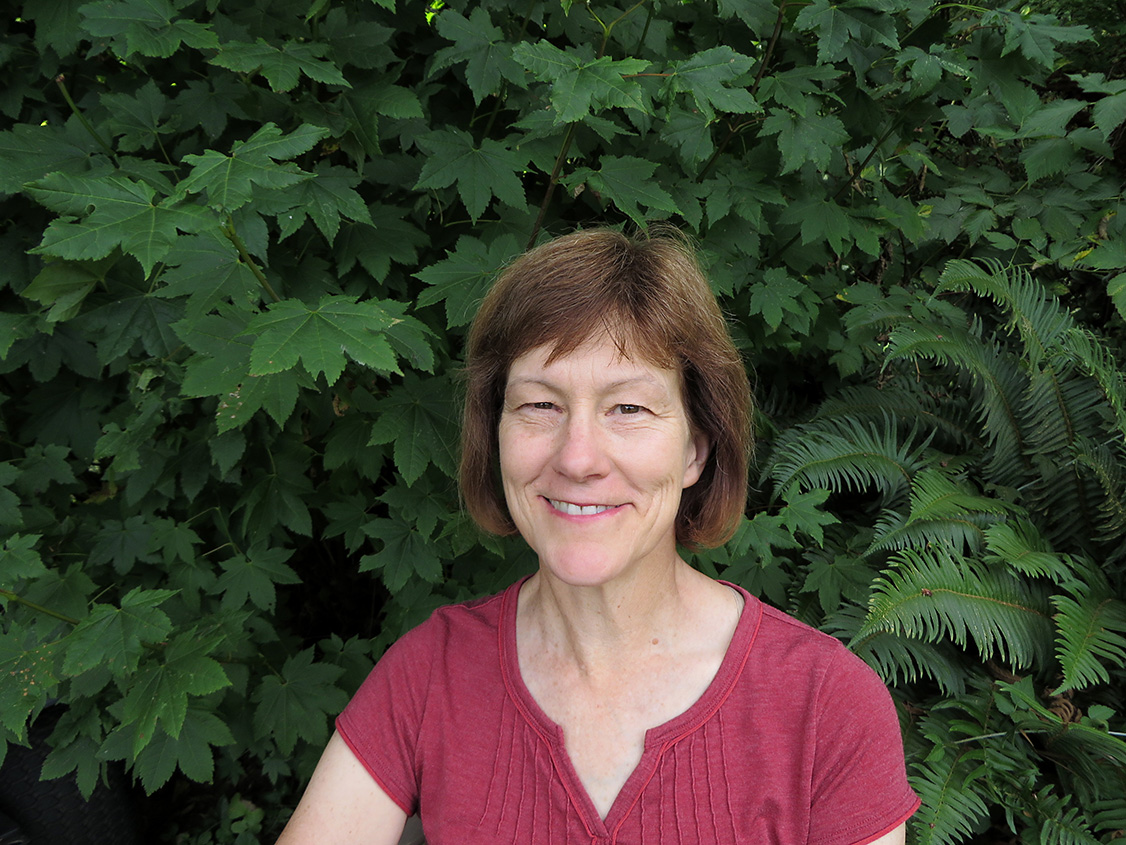
When asked in an interview about the effect large quantities of caffeine can have on the body, Laura Wild, a nutrition teacher at Everett Community College, stated: “It really makes us dependent on it.”
She continued, “It’s addictive. So you could develop a tolerance to it more and more.” She also said it can reduce your attention span if you drink too much. In terms of knowing how much is enough, that depends on how you get your caffeine, how often you consume, and what your tolerance is. “For a first time user, even one cup can be significant.”
For people wanting to back off the caffeine a little bit, “For one thing, where is your caffeine coming from. You can get it from chocolate, soft drinks, even gum has caffeine in it. You should also think about what beverage you’re not consuming as a result of consuming a lot of caffeinated beverages.”
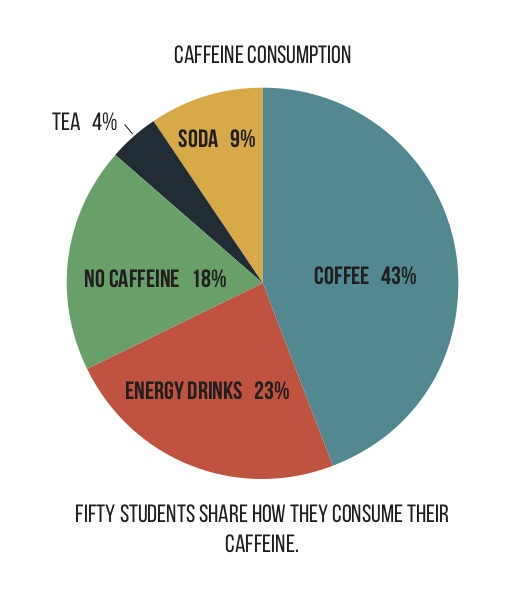
Survey respondents could choose more than one source of caffeine, unless they chose no caffeine.
To find out more about caffeine-use in students, The Clipper conducted a random, informal survey of students around EvCC’s main campus. Fifty people chosen at random were asked if they drink caffeine or not. If they said yes, they were then asked how they consume. Some people had multiple answers and some only had one. The most popular answer was coffee with thirty-one votes. The second most popular answer was energy drinks with seventeen votes. About half the students surveyed were asked a few bonus questions, including why do you consume and how often. Seventeen students said they consumed caffeine as an energy boost, a way to help wake themselves up in the morning. Eighteen students said they consume every day, while seven people said they consume it once a week.

What living person do you admire?
I most admire my mom. She has been such an inspiration to me my whole life. She has always tried to be the best role...
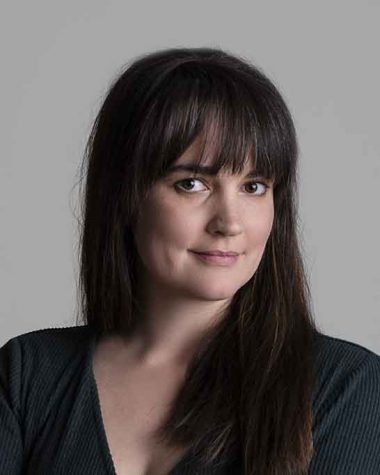
What interests you about journalism?
What I love about journalism is that it is a written and visual record of our history. As a journalist, you...

Where does The Clipper fit into your long-term goals?
My two years of editing experience have been amazingly formative as a leader and professional,...

